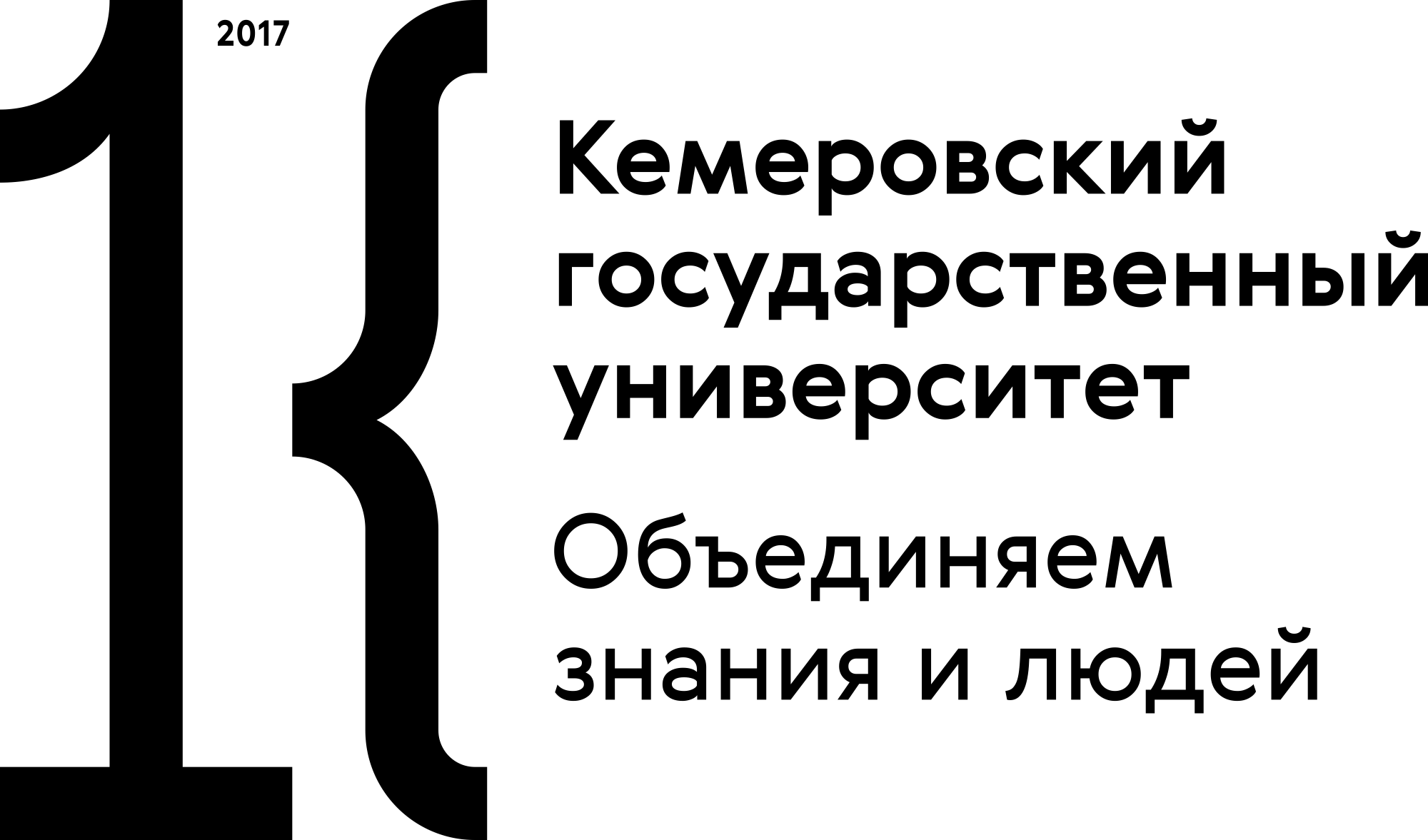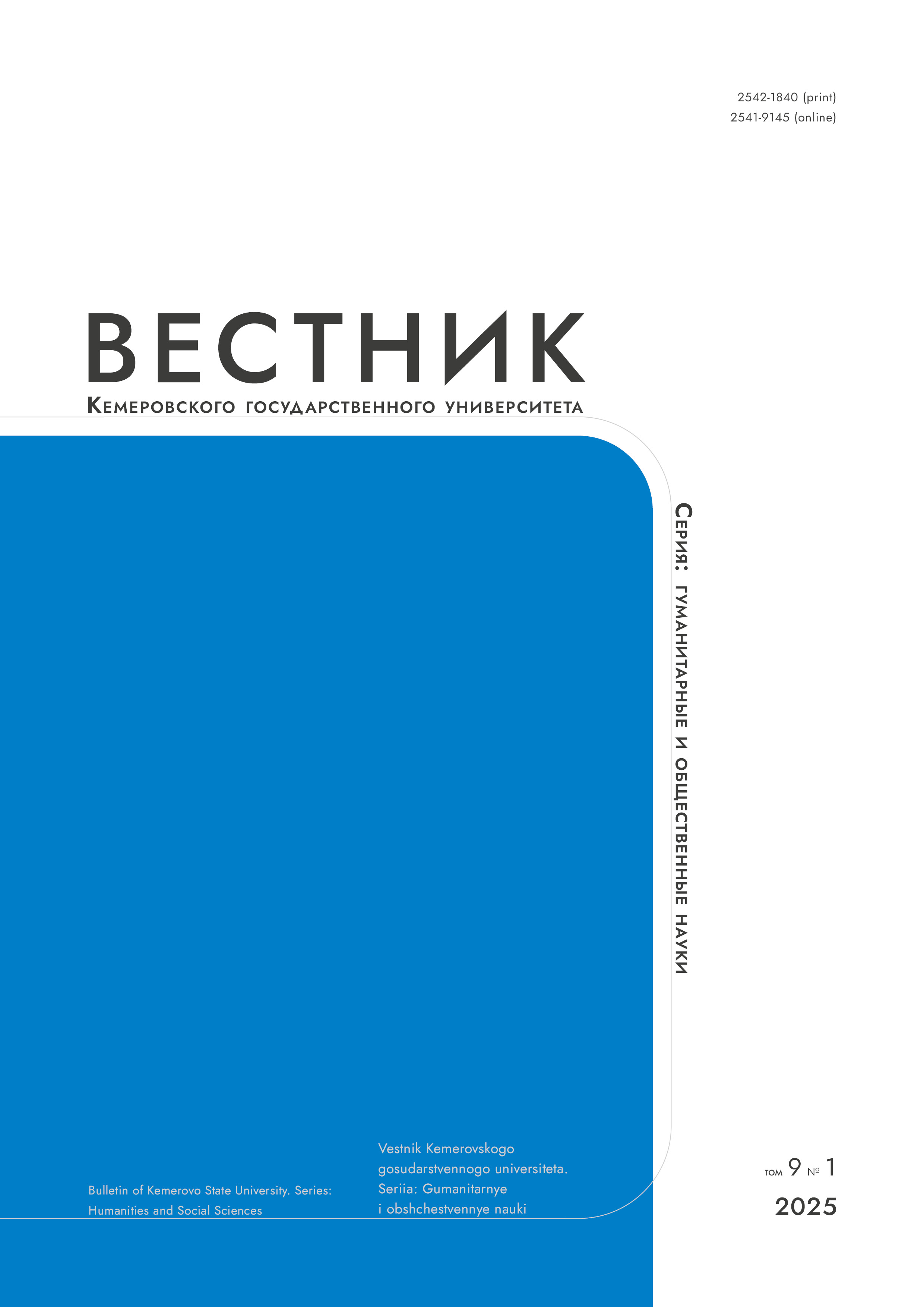Kemerovo, Russian Federation
UDC 10
Orthodox Christianity is the most widespread religion in Russia. Recently, there have been a lot of seemingly independent attempts to defame it, thus deforming the traditional matrix of historical memory. This well-coordinated campaign is based on the fact that historical identification and religion shape the foundations of cultural tradition and, in their inextricable unity, can develop the content of civil religion under certain circumstances. Civil religion gives sacred meanings to historical symbols, regardless of the religious affiliation of individual citizens. Therefore, it ensures social solidarity and awareness of the direction of various social processes. Civil religion originated in the Soviet period; today, it is undergoing some serious transformations. In its early days, it cultivated the sacral meanings of history limited by space and time, which is typical of undeveloped religions. Nowadays, these sacral meanings are gradually becoming more transcendental. For instance, historical events now correlate with the concept of God, and this dependence has been fixed in the basic law of the country. As a result, the former archaic nature of civil religion has acquired the status of a developed religion, capable of consolidating society with an appeal to the Absolute. These changes are often evaluated as violating the principles of secular society. However, their opponents ignore the intrinsically religious nature of culture. This legal innovation does not give preference to any particular confession. Foreign experience proves that many developed states with an official state religion manage to maintain their secular character. The research objective was to define common traits behind the seemingly independent attempts at discrediting Orthodox Christianity and develop some countermeasures.
culture, tradition, symbols, sacred localization, transcendent, Constitution, God
1. Gavrilov O. F., Gavrilov E. O. Features of religious communication in modern Russia. Vestnik Kemerovskogo gosudarstvennogo universiteta, 2015, (1-2): 198-202. (In Russ.)
2. Giddens A. The consequences of modernity, trs. Olkhovikov G. K., Kibalchich D. A. Moscow: Praksis, 2011, 343. (In Russ.)
3. Yakimova Y. G. On the evolution of eschatological metaphysics. Scientific statements BSU. "Philosophy. Sociology. Law", 2011, (8): 272-282. (In Russ.)
4. Gavrov S. N. What a history textbook should be like. Neva, 2013, (10). Available at: https://magazines.gorky.media/neva/2013/10/kakim-byt-uchebniku-istorii.html (accessed 17.09.2020). (In Russ.)
5. Bachinin V. A. Christian thought: sociology, political science, cultural studies. St. Petersburg: Novoe i staroe, 2004, vol. 1, 176. (In Russ.)
6. Govorun K. (S. N.) Orthodox civic relic. Russkii zhurnal, 2015, (6). Available at: http://www.russ.ru/Mirovaya-povestka/Pravoslavnaya-grazhdanskaya-religiya (accessed 17.09.2020). (In Russ.)
7. Gofman A. B. Sociology and civil religion in modern Russia. Sociology and modern Russia, ed. A. B. Gofman. Moscow: NIU VShE, 2003, 84-107. (In Russ.)
8. Zadorozhnyuk I. E. Civil religion and patriotic education in US education system. Vysshee obrazovanie v Rossii, 2007, (9): 150-155. (In Russ.)
9. Batomunkuev S. D. National identity and the phenomenon of civil religion. Vestnik Kalmytskogo instituta gumanitarnykh issledovaniy RAN, 2018, (5): 79-88. (In Russ.) DOI:https://doi.org/10.22162/2619-0990-2018-39-5-79-88
10. Smirnov M. Iu. Civil religion as a model and as a reality. Classification of religions and typology of religious organizations: Proc. Sci.-Prac. Conf., Moscow, March 20, 2008. Moscow, 2008, 119-124. (In Russ.)
11. Rousseau J.-J. Du contrat social ou principes du droit politique. Moscow: KANON-press-Ts, Kuchkovo pole, 1998, 414. (In Russ.)
12. Veselova S. B., Egorov V. A. Robert Neelly Bellah. Civic religion in America. Vestnik RKhGA, 2014, 15(3): 162-182. (In Russ.)
13. Khaimurzina M. A. Civic religion: USA phenomenon and China's prospects. Religiovedenie, 2019, (4): 55-64. (In Russ.) DOI:https://doi.org/10.22250/2072-8662.2019.4.55-64
14. Uzlaner D. A. From secular modernity to "multiple": social theory about the relationship between religion and modernity. Gosudarstvo, religiia, tserkov' v Rossii i za rubezhom, 2012, 30(1): 11-58. (In Russ.)
15. Egorov V. A. The topic of civil religion in modern Russian religious studies. Vestnik Leningradskogo gosudarstvennogo universiteta imeni A. S. Pushkina, 2015, 2(4): 185-193. (In Russ.)
16. Berger P. Religious experience and tradition. Sotsiologocheskiie issledovaniia, 2011, (1): 123-136. (In Russ.)
17. Khudyaev A. S. The sacred and aspects of its localization. Religiovedenie, 2019, (3): 69-79. (In Russ.) DOI:https://doi.org/10.22250/2072-8662.2019.3.69-79
18. Gavrilov O. F., Gavrilov E. O. Kargo cult in the context of E. Evans-Pritchard's criticism of classical teological approaches. Vestnik Kemerovskogo gosudarstvennogo universiteta, 2014, (1-1): 169-174. (In Russ.)
19. Cox H. The secular city: secularization and urbanization in theological perspective, trs. Borovaia O., Gurovskii K., ed. Borovaia O. Moscow: Izd. firma "Vost. lit.", 1995, 261. (In Russ.)
20. Shaforostov A. I. Faith as a condition of self-identification. Irkutsk: Izd-vo Irkutskogo gos. tekhnicheskogo un-ta, 2007, 247. (In Russ.)
21. Habermas Ju. Die zukunft der menschlichen natur, tr. Khorkov M. L. Moscow: Ves Mir, 2002, 143. (In Russ.)
22. Aries P. L'homme devant la mort, tr. Ronin V. K., ed. Obolenskaia S. V. Moscow: Progress. Progress-Akademiia, 1992, 526. (In Russ.)
23. Prikhotko V. A. Self-identification of an Orthodox Christian in the context of traditions and socio-cultural transformations of funeral and memorial rites. Religiovedenie, 2020, (1): 83-93. (In Russ.) DOI:https://doi.org/10.22250/2072-8662.2020.1.83-93


















